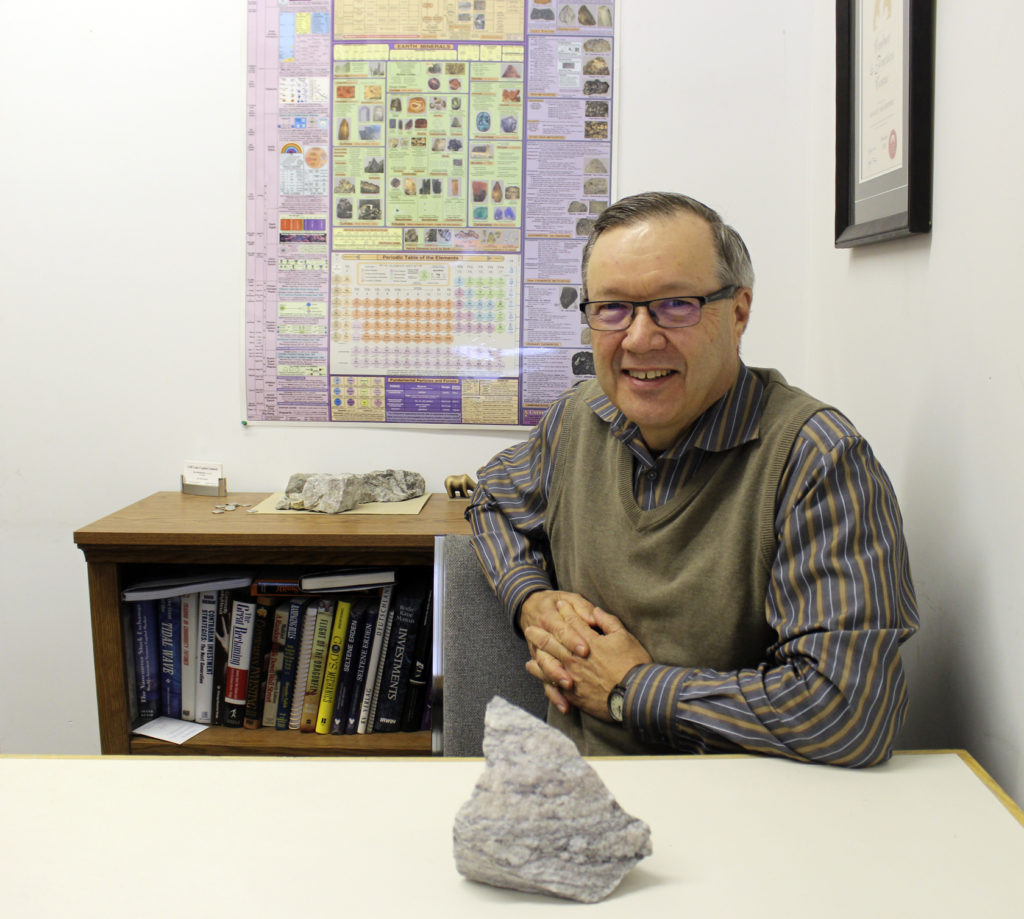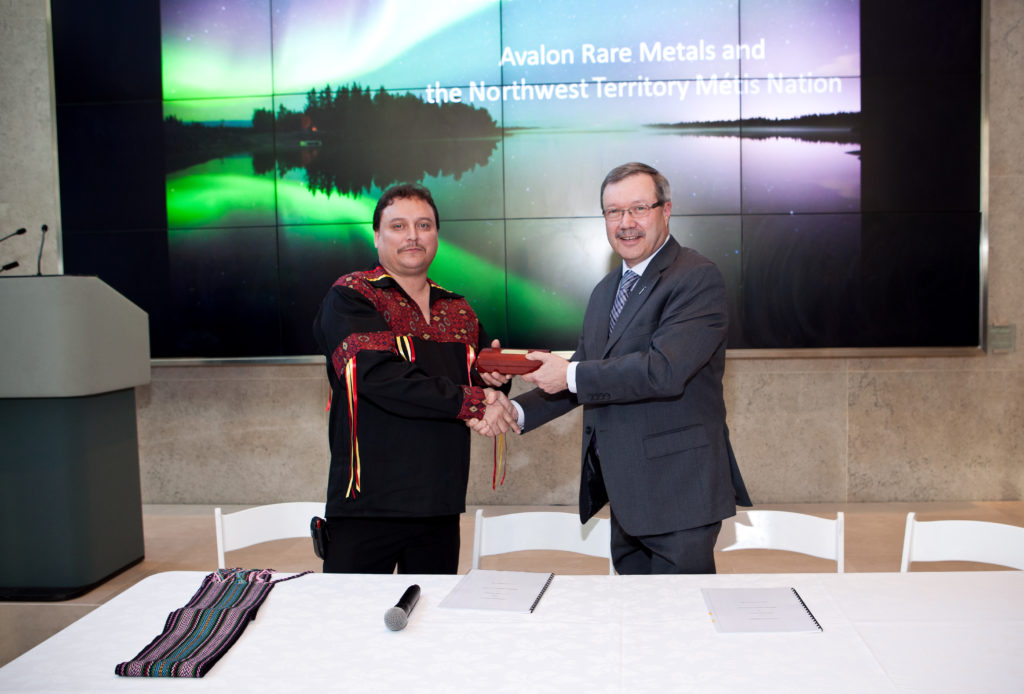OBITUARY: Don Bubar remembered as ‘key architect’ of critical minerals narrative


As enthusiasm for zero-emission technologies accelerates into the mainstream, Canada has lost one of its earliest and most ardent champions of critical minerals.
Donald Stephen Bubar, founder and longtime president of Avalon Advanced Materials passed away on July 30 at the age of 68 from neurodegenerative diseases. The mining veteran, who worked as a field geologist and with several base and precious metals projects, recognized years before most others the importance of critical minerals for the future economy. And in his decades of involvement with the Prospectors and Developers Association of Canada (PDAC), advocated for greater and earlier engagement with Indigenous communities.
Bubar was born in Ormstown, Que., the eldest of two children. His early years were spent in Beaconsfield, near Montreal, where his father was a lecturer at McGill University’s MacDonald College. His family moved to Truro, N.S., in 1967 when Bubar’s father John began working at the Nova Scotia Agricultural College at Dalhousie University.

His son Andrew, who was inspired by his father to become a geochemist and now works with First Nations on major projects, believes Bubar’s time in Nova Scotia formed his sense of the connection between community and development.
“It made perfectly intuitive sense… that the people local to a project should benefit from it,” Andrew said. “He saw the writing on the wall that advancing a project requires a social licence to operate. And the importance of buy-in from neighbours.”
Bubar earned his Honours B.Sc. in geology from McGill in 1977 followed by his applied M.Sc. in Mineral Exploration from Queen’s University.
In 1994, he started Avalon Ventures (now Avalon Advanced Materials) as a junior miner focusing on base metal and gold projects. It acquired the Separation Rapids lithium project in northwestern Ontario in 1996, marking Bubar’s new focus on non-traditional commodities. Seven years later, Avalon acquired the Thor Lake (Nechalacho) project in the Northwest Territories, which in 2022 became Canada’s first producing demonstration rare earths project.
His son recalls as a child hearing Bubar talk about those projects.
“When the rest of the world didn't see the possibilities in lithium during the late ‘90s and early 2000s, he did and it's just really cool to see how things have come around in that regard.”
The possibilities Bubar saw in critical minerals went beyond their mining value. For him, they were part of a reindustrialization story, recalls Ian London, executive director of the Canadian Critical Minerals and Materials Alliance (C2M2A), who worked with Bubar at Avalon in 2006.
“One thing Don did do was capture my imagination. I think he was one of the first who recognized opportunities in the critical minerals space,” London said.
Bubar understood that a whole-industry approach would heighten the prominence of critical minerals, instead of the traditional focus on single minerals or companies. London remembers how several years ago that idea met resistance among C2M2A members, and how much of a cultural shift it represented.
“[Bubar] stepped up and said it’s not about the minerals, it’s about the materials. [It’s] what we make from these products!” London said.
“Canada’s tradition has been ‘if we mine it, they will come’. No no no. If we build electric vehicles, we need materials to make them. It’s a very different perspective,” London explained. “The same way as the Chinese said, ‘we’re providing electric vehicles’ …and they get the materials to do it… It’s about capturing the value.”
Pierre Neatby, the recently appointed CEO of Imperial Mining and who first met Bubar when he joined Avalon in 2010, said Bubar could see how critical minerals would fit into the technologies of the future, especially as China began to exercise political power through the rare earths market.
“Don saw technology evolving in a direction where critical metals that had niche applications in projects would become much more important,” Neatby remembers. “Lithium, rare earths, vanadium, scandium, all of that has [now] been classified as critical by the U.S. and EU..”
His foresight extended into the social realm as well, in particular engagement with Indigenous communities.
London recalls Bubar created Avalon’s first CSR report in 2010, something “unheard of” at the time for a junior miner.
“Today many juniors still don’t do that. He recognized that’s what customers would look for,” London said.
While today, Indigenous engagement is regarded as a necessary component of ESG priorities in Canada, in 1999, Avalon signed a memorandum of understanding (MOU) with the Wabaseemoong Independent Nations (WIN), whose community lies about 35 km southwest of Separation Rapids. That agreement was renewed in 2013.
“I think he really saw the opportunity that existed for everybody there,” said Andrew Bubar. “He saw the benefits that could go to them. And he recognized the disadvantage that many of those communities had for such a long time. He recognized the injustices of the past.”
In 2009, former Assembly of First Nations (AFN) national chief Phil Fontaine was appointed to Avalon’s board of directors. That followed an MOU inked in 2008 between the AFN and PDAC, where Bubar had served as chair of the association’s Aboriginal Affairs Committee, which he also founded.
In November 2018, PDAC awarded Bubar with a Distinguished Service Award for his work on Indigenous relations.
Bubar’s involvement with PDAC was an area where he offered much inspiration, remembers Simon Moores, CEO of Benchmark Mineral Intelligence.
Comments